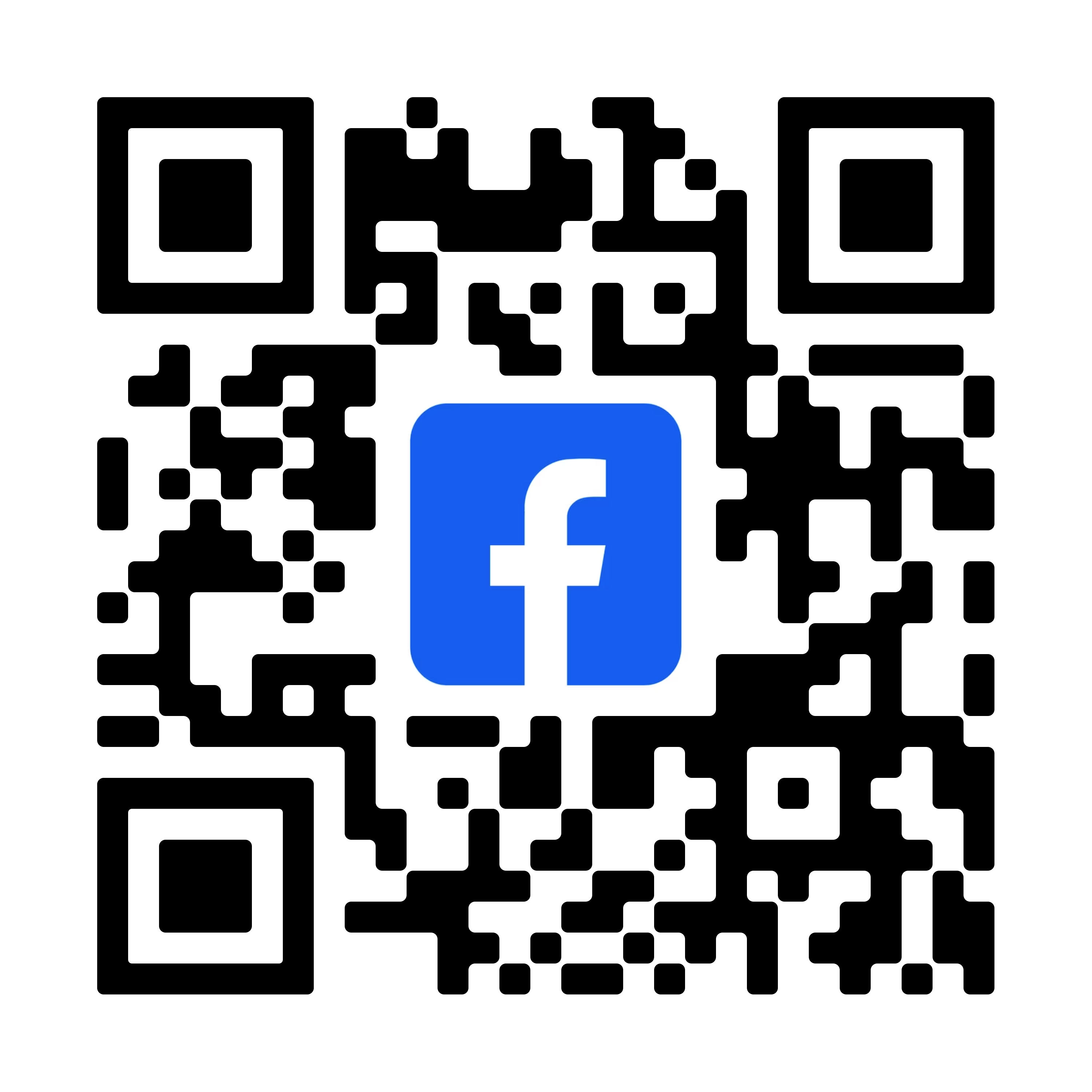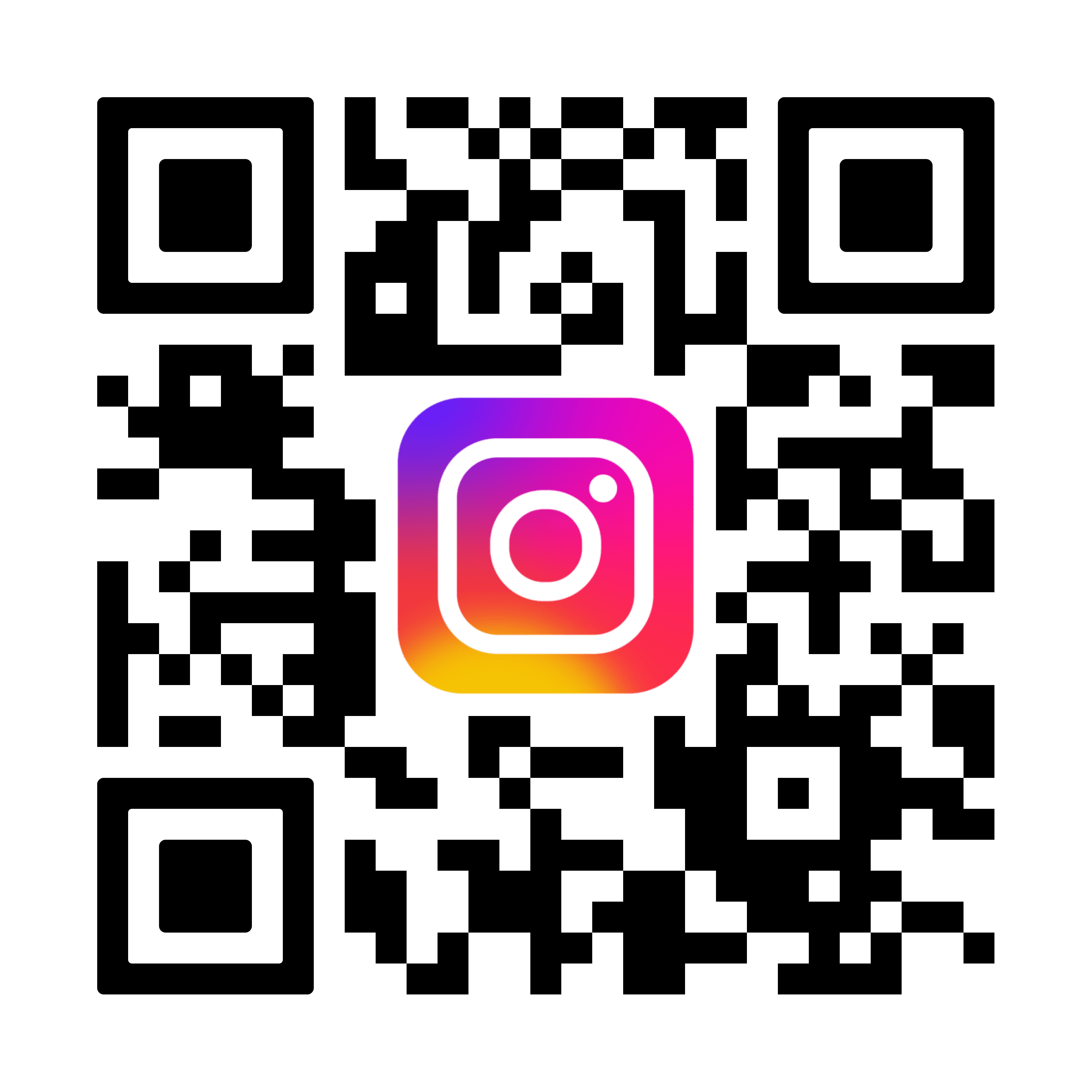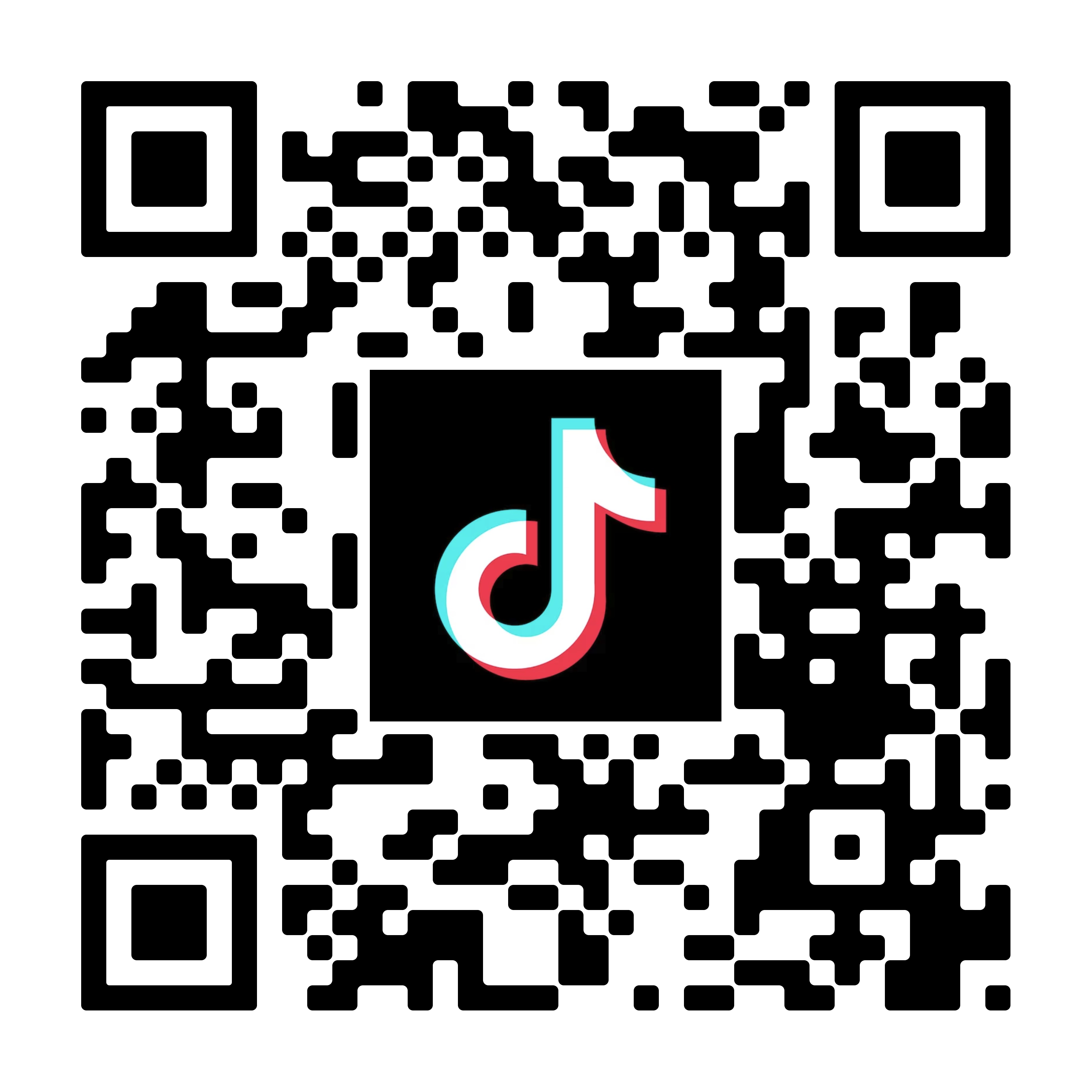Teaching objectives
The aims of the course Communication and Media Studies typically encompass a range of objectives designed to provide students with a comprehensive understanding of communication processes and the role of media in society. Here are the aims for this course:
1. Understanding Communication Theories: To introduce students to key theories of communication, including interpersonal, group, organizational, and mass communication, and how these theories apply in various contexts.
2. Critical Media Literacy: To develop students' critical thinking skills regarding media content, enabling them to analyze and evaluate media messages and understand their implications for society and culture.
3. Historical and Cultural Context: To explore the historical development of communication and media, examining how cultural, social, and technological changes have shaped communication practices over time.
4. Media Production and Practices: To provide practical skills in media production, including writing, editing, and creating content across various media platforms (e.g., print, broadcast, digital), emphasizing storytelling and audience engagement.
5. Ethics and Responsibility: To discuss ethical considerations in communication and media, including issues of representation, bias, and the impact of media on public perception and social behavior.
6. Audience Analysis and Engagement: To teach students how to analyze audience demographics and psychographics, and how to tailor communication strategies to effectively reach and engage diverse audiences.
7. Impact of Technology: To examine the influence of emerging technologies on communication practices, including the role of social media, digital platforms, and new communication tools in shaping public discourse.
8. Global and Cross-Cultural Communication: To provide insights into global communication practices, exploring how culture, language, and context affect communication and media across different societies.
9. Research Skills: To develop research methodologies specific to communication and media studies, enabling students to conduct empirical research, analyze media content, and assess the impact of communication strategies.
10. Career Preparation: To prepare students for careers in various fields related to communication and media, including journalism, public relations, advertising, media production, and digital marketing.
11. Interdisciplinary Approach: To foster an understanding of communication as an interdisciplinary field that intersects with sociology, psychology, political science, cultural studies, and technology, encouraging students to draw connections across disciplines.
By the end of the course, students should be equipped with the knowledge and skills necessary to critically engage with communication and media in various contexts, understand their societal implications, and apply their insights in professional environments.
Key points and expected Learning Outcomes
The expected learning outcomes of the course Communication and Media Studies typically reflect the knowledge, skills, and competencies that students should acquire by the end of the course.
1. Theoretical Understanding: Students will be able to articulate and apply key communication theories and models to analyze various communication processes and media phenomena.
2. Critical Analysis: Students will demonstrate the ability to critically analyze and evaluate media messages, understanding their construction, impact, and the cultural and societal contexts in which they exist.
3. Media Literacy: Students will develop strong media literacy skills, enabling them to discern credible information from misinformation and understand the role of media in shaping public perception and opinion.
4. Practical Skills: Students will acquire practical skills in media production, including writing, editing, and creating content for diverse platforms (print, digital, audio, and visual), effectively conveying messages to targeted audiences.
5. Ethical Reasoning: Students will be able to identify and discuss ethical issues related to communication and media practices, including representation, diversity, and the responsibilities of media professionals.
6. Audience Engagement: Students will understand how to analyze and segment audiences based on demographics and psychographics, and develop strategies for effective audience engagement and communication.
7. Technological Proficiency: Students will demonstrate proficiency in using various communication technologies and digital tools for content creation, distribution, and analysis.
8. Global Perspectives: Students will understand the impact of globalization on communication practices and media, appreciating the differences in communication styles and media consumption across cultures.
9. Research Skills: Students will be able to design and conduct research in communication and media studies, utilizing appropriate methodologies to gather and analyze data.
10. Interdisciplinary Integration: Students will be able to draw connections between communication studies and other disciplines, applying insights from sociology, psychology, cultural studies, and political science to enhance their understanding of communication dynamics.
11. Career Readiness: Students will be prepared for careers in various fields related to communication and media, demonstrating an understanding of professional practices and the ability to adapt to changing media landscapes.
12. Reflective Practice: Students will engage in reflective practices, assessing their own communication skills and media consumption habits, and considering how these affect their personal and professional lives.
By achieving these outcomes, students will be well-equipped to navigate the complexities of communication and media in contemporary society, both as informed consumers and as potential practitioners in the field.
Text Book(s) and Reference Materials
Introduction to communication studies, Henry Jenkins, Routledge, 2007.
Communication studies, Andrew Beck, Peter Bennett & Peter Wall, Routledge, 2004.
Media studies, the basics, Julian McDougall & Claire Pollard, Routledge, 2019.
Credits:3






